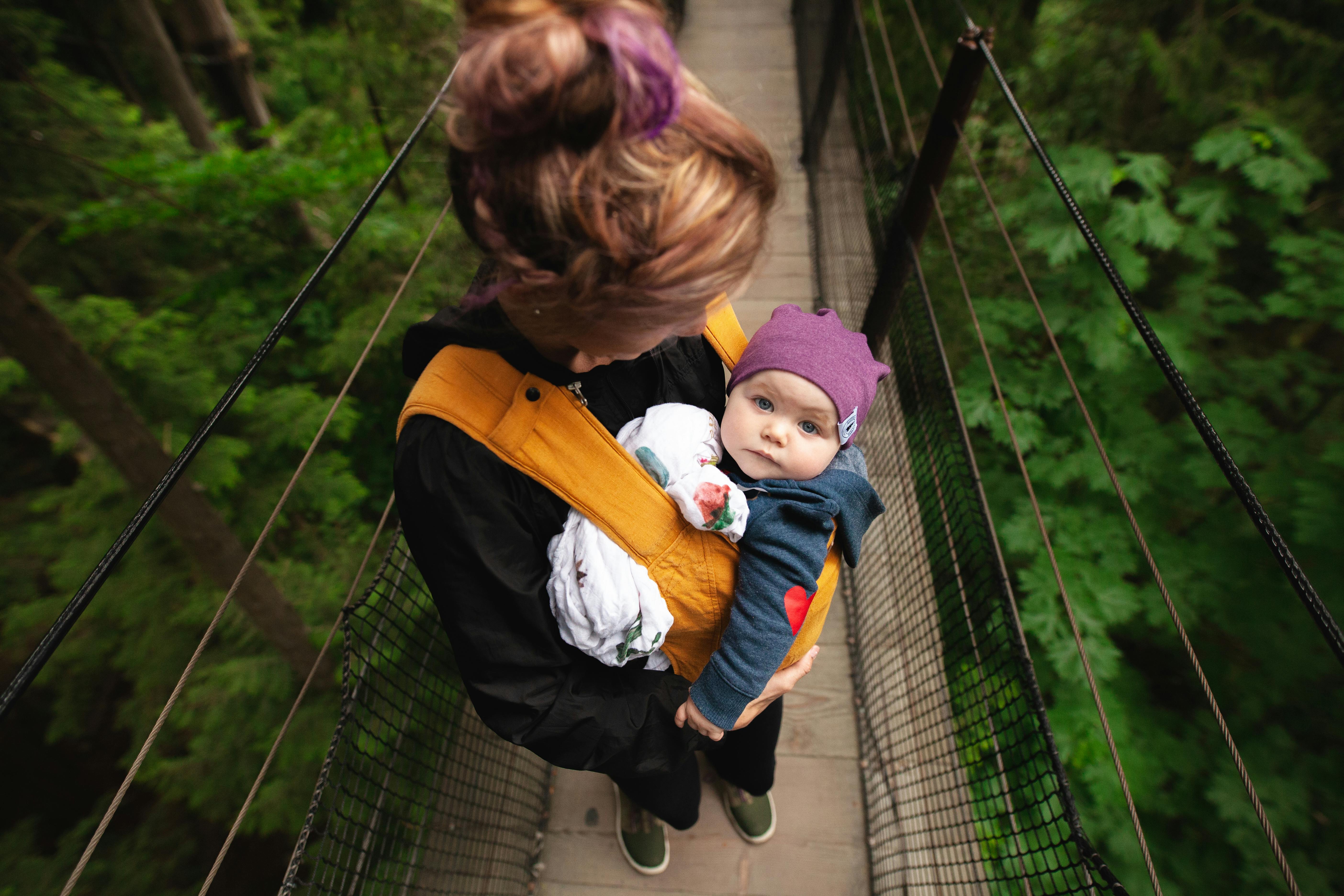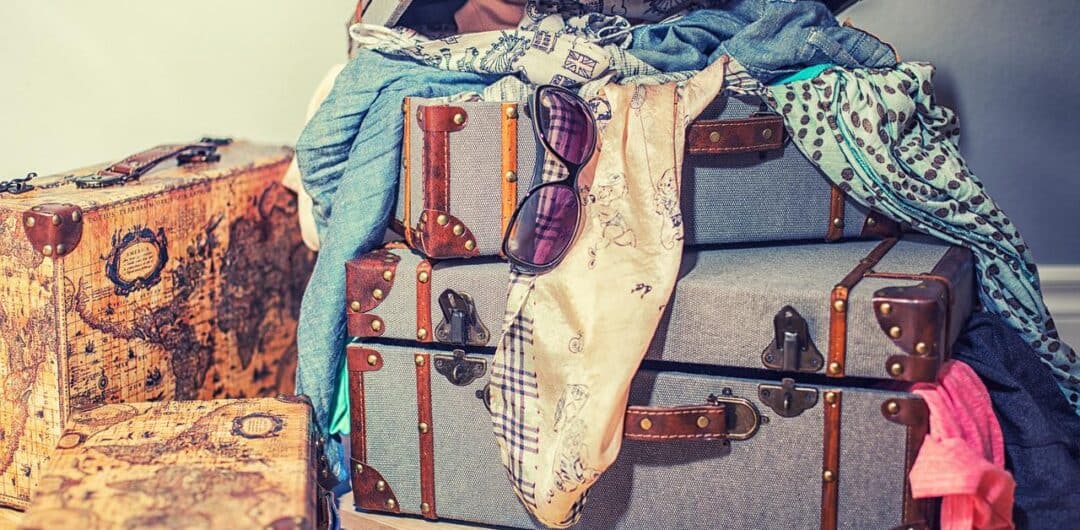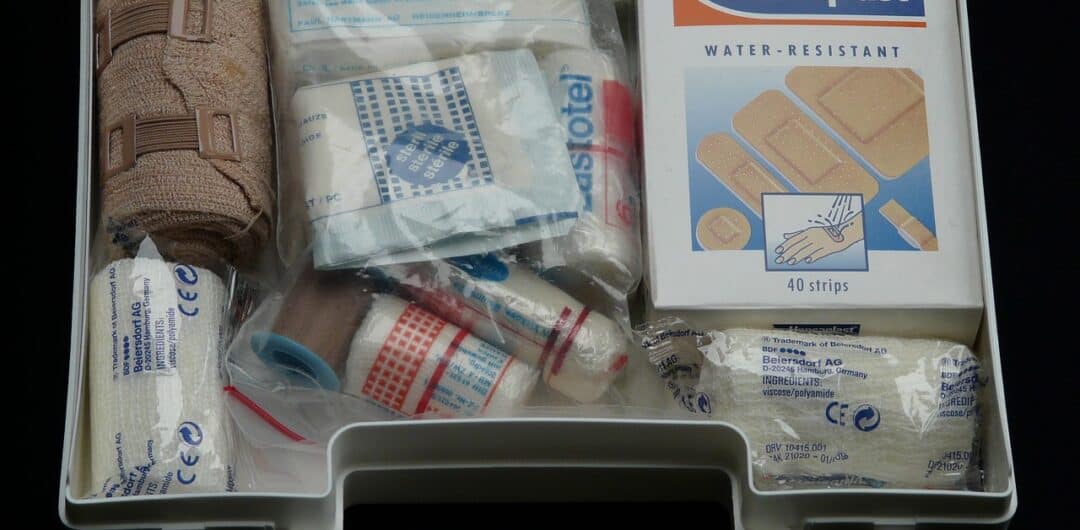Traveling with an infant on long holidays can feel overwhelming, but with the right preparation, it doesn’t have to be stressful. From managing feeding schedules to keeping your baby comfortable during long journeys, proper planning goes a long way in ensuring smooth travels.

Parents often worry about disruptions in routine, unexpected meltdowns, or the logistics of packing essentials, but these challenges can be eased with smart strategies. By focusing on organization, comfort, and flexibility, you can turn what might appear daunting into a pleasant experience.
In this article, we will discuss key tips to help you travel stress-free with your little one.
Essential Preparations Before the Trip

Before setting out on a long holiday with your infant, thorough preparation is essential for a smooth journey. Begin by organizing your travel documents, medical records, and any necessary prescriptions.
The Transportation Security Administration allows 3.4 ounces of formula, breast milk, toddler liquids, and baby formula in carry-ons. They need not fit in a quart-sized bag, as they’re considered medically necessary. This also covers cooling accessories like ice or gel packs.
Also, pack baby essentials like diapers, wipes, formula, extra clothes, and favorite comfort items in an easily accessible bag. Choose lightweight, versatile gear for convenience.
Best Travel Schedule for Infants

Creating a flexible yet structured travel schedule makes all the difference. Try to schedule your traveling according to your baby’s nap or bedtime to maximize rest and minimize fussiness.
According to the Mayo Clinic, experts advise avoiding air travel during a baby’s first week of life. Some healthcare providers even recommend waiting a few months before flying. However, most healthy, full-term infants can travel safely by air after the first few weeks.
Avoid congesting too many activities into a single day, and allow downtime for feeding, naps, and play. Long stretches of travel should include breaks for movement and comfort.
Infant Feeding Needs During Travel

Breastfeeding mothers must wear comfortable, accessible clothing and carry a nursing cover. Formula-feeding parents should pack pre-measured formula, sterilized bottles, and bottled water for safe preparation away from home. Always store formula at the correct temperature and prepare only when needed to prevent contamination.
Some parents carrying such formulas should be cautious about baby formula choices that have received negative feedback from consumers. A very prominent example of such toxic baby formulas is Similac and Enfamil. As per TorHoerman Law, parents are suing these baby formula makers, mainly claiming the products raise NEC risk. They also argue that the companies failed to provide proper warnings.
The NEC baby formula lawsuit highlights the importance of prioritizing safe feeding practices. Careful preparation ensures your baby’s nutritional needs are met without added stress while traveling.
Comfort Solutions for Transit

Dress your baby in soft, layered clothing to adjust easily to changing temperatures. A lightweight blanket, pacifier, or favorite toy can provide ease and familiarity in a new environment.
Airplane cabin noise averages around 100 decibels and gets even louder during takeoff. Protecting your baby’s ears with cotton balls, small earplugs, or noise-canceling headphones can help reduce this exposure. It also makes it easier for your baby to relax or fall asleep during the flight.
Use a baby carrier or stroller for convenience and soothing movement. Plan regular breaks during long car rides or flights to stretch, feed, and change your baby.
Health and Safety Priorities

When traveling with an infant, health and safety should always come first. Pack a well-stocked baby first-aid kit that includes fever medication, bandages, antiseptic wipes, and a thermometer. This ensures you’re prepared for minor concerns on the road. Babies are more vulnerable to illnesses like diarrhea, colds, and flu while traveling, which can quickly escalate without prompt care.
Measles is another major risk, especially on international trips. HealthyChildren notes it’s highly contagious, with nearly 1 in 3 children under age five requiring hospitalization. For families traveling abroad, babies may receive the measles vaccine as early as six months. Limiting exposure to large crowds, disinfecting surfaces, and breastfeeding can further strengthen your baby’s defenses.
Finally, keep your pediatrician’s contact details and travel insurance information handy. These proactive steps offer peace of mind and protect your little one throughout the journey.
Flexibility in Travel Plans

Flexibility is key when traveling with an infant, as unexpected troubles are bound to arise. Babies may need extra naps, feeding breaks, or soothing time, which can shift your schedule. Avoid overplanning and allow room for adjustments to keep stress levels low.
Choose baby-friendly destinations and activities that don’t require strict timelines. Having backup options, like alternative routes or rest stops, ensures smoother transitions. A flexible mindset helps parents stay calm and enjoy the journey while meeting their baby’s needs.
Frequently Asked Questions

How can I keep my baby entertained during long flights or drives?
Bring along familiar toys, soft books, or teething rings to keep your baby engaged. Singing, gentle games, or interactive play can also help distract them. For longer journeys, rotate toys to maintain interest. Comfort items like a pacifier or blanket provide reassurance and reduce fussiness.
What are the best accommodations for families traveling with infants?
The best accommodations offer baby-friendly amenities like cribs, high chairs, and quiet rooms. Look for hotels or rentals with kitchen facilities to prepare meals and space for play. Proximity to medical facilities and supermarkets adds convenience. Choosing family-oriented stays ensures comfort and ease during travel.
What should I pack to handle unexpected medical needs while abroad?
Pack a compact first-aid kit with infant-safe fever reducers, bandages, antiseptic wipes, and a digital thermometer. Include any prescribed medications and copies of your baby’s medical records. Travel insurance documents and your pediatrician’s contact information are essential. These preparations ensure you can handle minor health concerns confidently while abroad.
Traveling with Confidence and Care
Traveling with an infant on long holidays may seem challenging, but the right preparation and mindset make it manageable and enjoyable. From feeding and comfort to health, safety, and flexibility, thoughtful planning ensures your baby’s needs are met while reducing stress for parents.
By staying organized, adaptable, and attentive, families can create memorable, worry-free travel experiences. With these tips, you can focus less on stress and more on enjoying special moments together.
